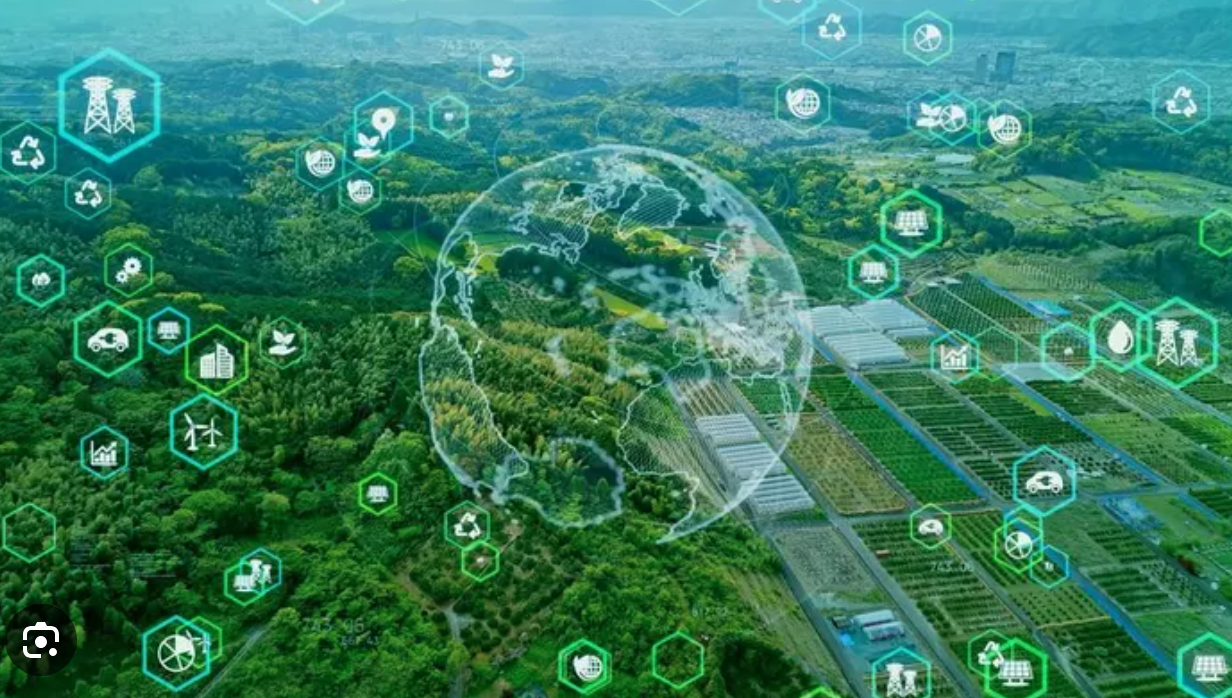Climate Insider Brief:
- In 2024, investors are adapting deployment strategies based on economic conditions, with some taking a cautious and selective approach, while others find the current climate attractive.
- CEO Rachel Delacour forecasts a heightened emphasis on climate issues in the UK and US elections, driving businesses to prioritise sustainability for a competitive edge.
- Biodiversity will gain prominence in 2024, with developers in England mandated to deliver a “Biodiversity Net Gain,” prompting businesses to evaluate water and land usage
As per experts’ predictions, the climate tech landscape is poised for both developments and challenges in 2024. This article explores key insights from industry leaders, experts and venture capital investors, along with predictions from Rachel Delacour, CEO and co-founder of Sweep, Europe’s leading ESG and carbon data management platform.
The year 2023 was marked by extremes in the venture landscape, with AI and defence sectors thriving while other startups faced fundraising struggles. Investors’ opinions on the future vary, with some anticipating a return of exits in 2024, while others predict meaningful liquidity only by 2025. The consensus among investors is that valuations still have room to decrease, reflecting a cautious approach.
Deployment Strategies in the Current Economic Climate

Venture capitalists are adapting their deployment strategies for 2024 based on economic conditions. Ripple Ventures, for instance, emphasises a more selective approach, focusing on capital efficiency and extending runway periods. Outsiders Fund, on the other hand, plans to accelerate its deployment, finding the current climate attractive. The deployment strategy of Thomvest Ventures is shifting towards new investments, reflecting a positive outlook for the coming year.
Startup Valuations and Sector Dynamics
Experts like Jai Das predict an increase in recapitalizations and down-rounds in 2024, particularly for startups with inefficient business models. However, certain sectors, such as climate tech, are expected to maintain valuation premiums across all stages, according to Pradeep Tagare. The divide between perceived tier-one deals, especially in AI, and other sectors is anticipated to widen.
Predictions for Climate, Business, and Technology in 2024
Rachel Delacour, CEO of Sweep, provides insightful predictions for the intersection of climate, business, and technology in 2024. With the UK and US elections anticipated to have a bipartisan emphasis on climate issues, businesses are increasingly acknowledging the significance of sustainability for gaining a competitive edge. The prospect of climate regulation in Europe and potential revitalization of climate plans in the UK is expected to drive a sustained corporate focus on climate progress.
Delacour also highlights the role of women in resolving the emerging green skills gap, noting a six-fold increase in green role hiring in the UK. Women’s involvement in climate action is emphasised for its positive association with better resource governance and the formulation of sustainable policies.
In the C-suite, CEOs are projected to tie business success more closely to climate action, resulting in heightened executive-level incentives for sustainability. The looming funding and reputational risks for non-compliance with climate regulations are anticipated to propel businesses towards prioritising sustainability initiatives. Furthermore, the acceleration of climate action through AI innovations is predicted, revolutionising emissions calculations and enabling more precise ESG footprint analysis. Delacour underscores the importance of collaboration between Chief Technology Officers and Chief Sustainability Officers to effectively harness AI and enhance climate data analysis.
Lastly, the role of biodiversity takes centre stage in 2024, as developers in England will be mandated to deliver a “Biodiversity Net Gain” from January onwards. Businesses are expected to intensify their efforts in evaluating water and land usage, tracking their impact on ecosystems, and integrating biodiversity policies into their overall ESG strategies. These predictions collectively outline a comprehensive and dynamic landscape where climate, business, and technology converge to shape the trajectory of 2024.
To stay informed about the climate industry explore our latest climate news.
Featured Image: Credit: Forbes








